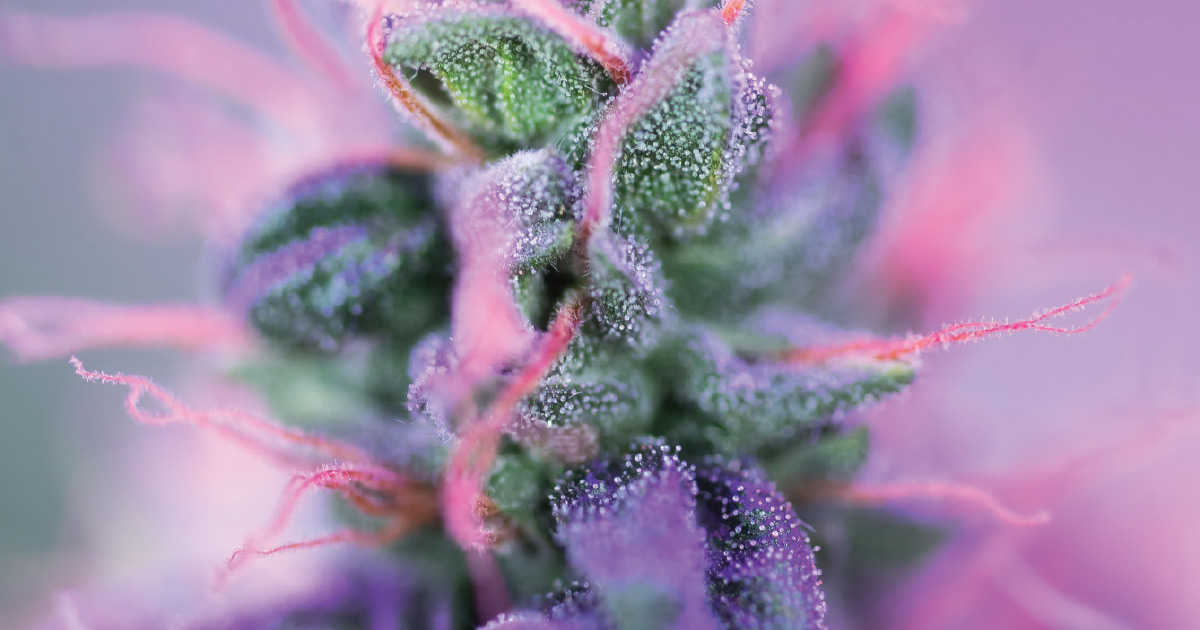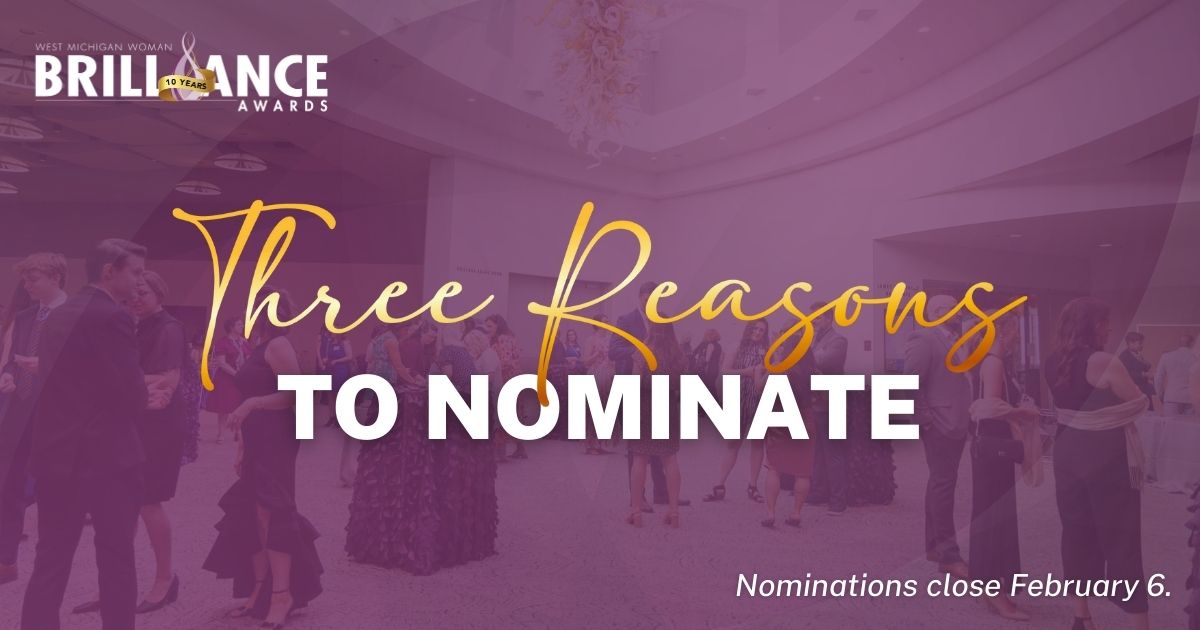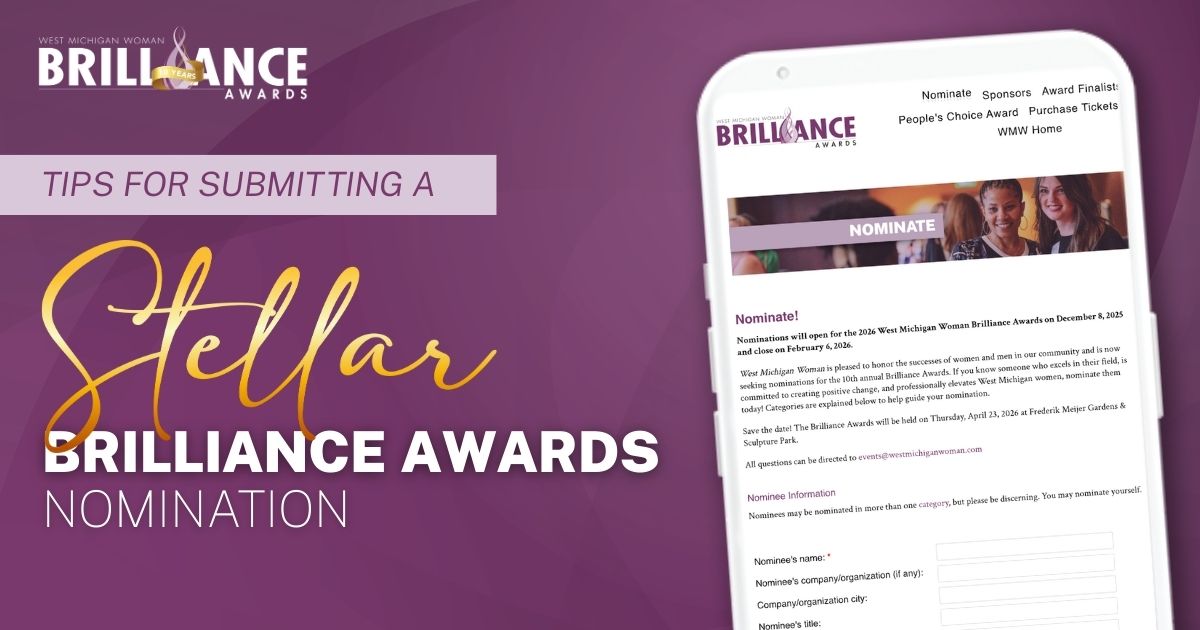Since cannabis was legalized in 2018, it's slowly become a part of Michiganders' everyday lives. At home, in stores, on billboards—cannabis is all around us. But what about the workplace?
Employers everywhere are dealing with issues like drug testing, in-office conversations and intoxication at work. Meanwhile, employees are figuring out what's allowed, what's frowned upon and what's outright prohibited.
Let's take a look at some of the most common questions and decisions to be made around cannabis in the workplace, with the help of Canna Communication's Roberta King.
Can I drug test my employees for cannabis?
Yes, you sure can! But should you? Keep in mind, drug testing only shows that someone has used that drug at some point within the past few weeks. Do you have a good reason to only hire people who never touch cannabis? If your previous reason was, "it's illegal," this may be the time to make a change, especially given today's competitive job market. If you're still hesitant, consider at least offering an exception for those using cannabis medically.
From King's perspective, "Unless you're up for a job where it's federally prohibited, there's no reason to test people for cannabis. A test after an accident at work might be a reason, but most often workplace accidents are caused by fatigue, stress and human error; not cannabis use."
I don't want to drug test, but I don't want intoxicated employees in the office.
Totally understandable! In fact, just about every company on Earth feels this way. That's why many businesses—including massive employers like Amazon—are treating cannabis like alcohol. You don't come to work drunk, and you shouldn't come to work high, but what you do at home is your business.
In other words, if cannabis is affecting your ability to work in any way, you've gone too far. Personally, I simply keep my cannabis use limited to evenings to avoid potentially crossing any lines. For others, it doesn't affect their work at all.
"There are valid medical conditions that people treat with cannabis, and for those people, their use isn't about getting buzzed, it's about preventing muscle spasms, relieving pain or keeping PTSD at bay," King said.
What if an employee seems high at work?
Again, it's helpful to think of how you'd handle a drunk employee. You likely wouldn't fire someone for coming in with alcohol on their breath one time. But if it happened multiple times, and they had a red face, and were showing up late, calling in often, etc., it's time for a talk.
The same goes for cannabis. You likely know when an employee has crossed a line that warrants discussion. And if you're unsure, King says "Give HR a jingle—they know how to do this, or they'll figure it out!"
We'd suggest approaching the situation with concern and care, rather than judgment and anger, no matter the ultimate outcome.
Should cannabis conversations be allowed in the workplace?
Even working for a company that was totally okay with me receiving edibles from my workplace Secret Santa, I was initially hesitant to discuss cannabis in the office. No one wants to be seen as the lazy "stoner" and some employers will make assumptions about employees for open cannabis use, even post-legalization.
What's needed is acceptance and education. As an employer, you can establish a cannabis policy and discuss in a meeting to make clear exactly how you feel about its place in your office. Ideally, you'd turn it into a conversation so those who know nothing about cannabis can learn in a judgment-free setting.
As an employee, you can help combat stigma by being great at what you do and using cannabis responsibly. This doesn't mean you have to be an activist—simply discussing cannabis usage openly in a casual way can also signal to others that this is a safe space to be honest and ask questions.
Written by Josh Veal, Contributing Writer for West Michigan Woman.
This article originally appeared in the Apr/May '22 issue of West Michigan Woman.




